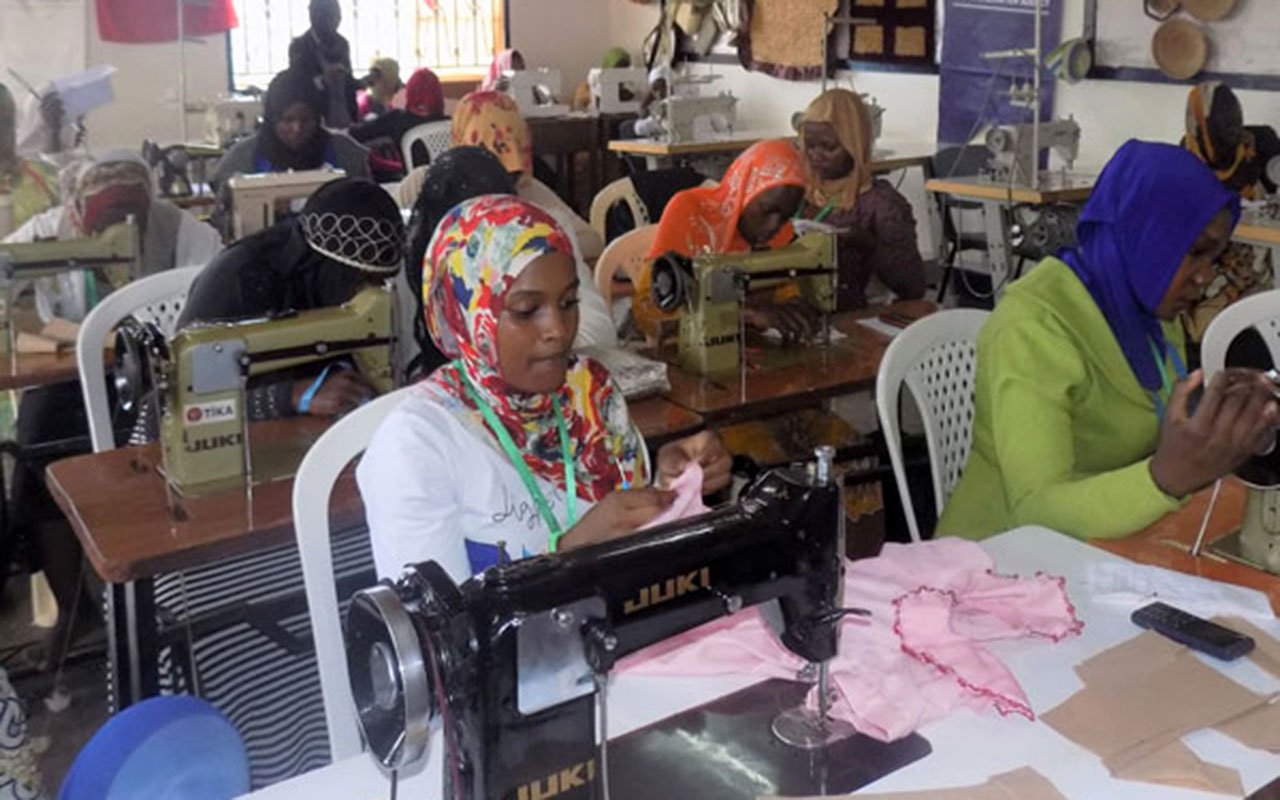Govt bans eastern Uganda's funeral dance

General duties minister Justine Kasule Lumumba (L) addressing Namayingo District officials on October 5, 2024. PHOTO/DAVID AWORI
What you need to know:
- The dance, usually held at night comprises children and adults and it is sometimes characterized by excessive use of alcohol, reckless sexual activities and violence.
The Minister of General Duties in the Office of the Prime Minister, Justine Kasule Lumumba, has banned ‘disco matanga’ in Namayingo District.
In Eastern Uganda, ‘disco matanga’ traditionally involves dances staged at a funeral- in an occasion at which mourners gather, consume alcohol and illicit drugs as they contribute condolences towards a befitting burial for the deceased.
The wild dance, usually held at night comprises children and adults and it is sometimes characterized by excessive use of alcohol, reckless sexual activities and violence.
The practice started among the Luo and Luhya in Western Kenya, before spreading across the border to the Ugandan districts of Namisindwa, Tororo, Busia and Namayingo.
“We can't allow this evil (‘disco matanga’) to continue lest we risk losing the entire generation,” Lumumba, who was the chief guest during the National Teachers’ Day celebrations at Namayingo District headquarters, said on October 5.
She immediately ordered authorities, including the District Police Commander and Resident District Commissioner (RDC), to enforce a ban on the disco culture.
“In our culture, when one dies, people mourn and contribute condolence during daytime and this is what we have been doing, but not staging a disco and bar in the night in the name of raising condolence,” she added.
Earlier, Namayingo LC5 chairman Ronald Sanya and area Woman Member of Parliament (MP) Margret Makokha said the district ranked highest in Busoga Sub-region and third countrywide in cases of teenage pregnancy and school dropout cases.
Makokha said she supports the ban because “it has caused a lot of issues in the communities, including breaking up marriages”.
Namayingo RDC Suleiman Walugembe Juuko, said: “Going forward, we are going to arrest organisers of ‘disco matanga,’ arraign them in court, and have their music systems confiscated.”
‘Timely ban’
The ban comes after a 13-years-old pupil in Buyanga Sub-county was allegedly gang-raped by five men and left for the dead as she returned from ‘disco matanga.’
The victim’s mother told Monitor that her daughter reportedly suffered a swollen lower abdomen and excessive bleeding.
In another incident in Masafu, a boy is said to have died of injuries sustained after he was reportedly attacked and beaten during the disco.
In Busitema Sub-county, known for some of the worst cases of teenage pregnancy in Busia District, a young man was allegedly stabbed by unknown people and later hospitalised as he returned from disco matanga.
“The ban by the minister is timely because the practice has become a source of insecurity in the communities,” RDC Walugembe said.
Profitable venture?
In Western Kenya, where the culture originated, ‘disco matanga’ has been banned.
Esther Wazige, a child welfare officer in Busia County, Kenya, said organisers had resorted to using young primary school girls as bait to raise money during such dances.
She said: “The organisers would ensure that they made young girls dress seductively and dance provocatively, prompting the men to pay more money to dance with them and later sexually abuse them.”
However, John Wafula Ogumbo, a resident of Lumino Sub-county, said the money collected does not end up supporting the bereaved family, but the bulk of it is shared between the owner of the music and the Masters of Ceremonies (MCs).
According to Ogumbo, families prefer keeping dead bodies in mortuaries for a week or two as mourners fundraise.
“This means a disco will be staged at that home for the days the body is in the mortuary until the burial date,” he said, adding that “as a result, children in that village will, for a week or two, not report to school because they are dancing the entire night.”
John Obuli, a former district councilor for Busia, recently recalled how poor families ended up selling their land to raise funds to buy a coffin to bury a departed family member.
“Before Disco Matanga came, several families struggled to raise money, while some (families) sold land; but this has stopped because 'disco Matanga' helps them to raise these funds,” Obuli said.




